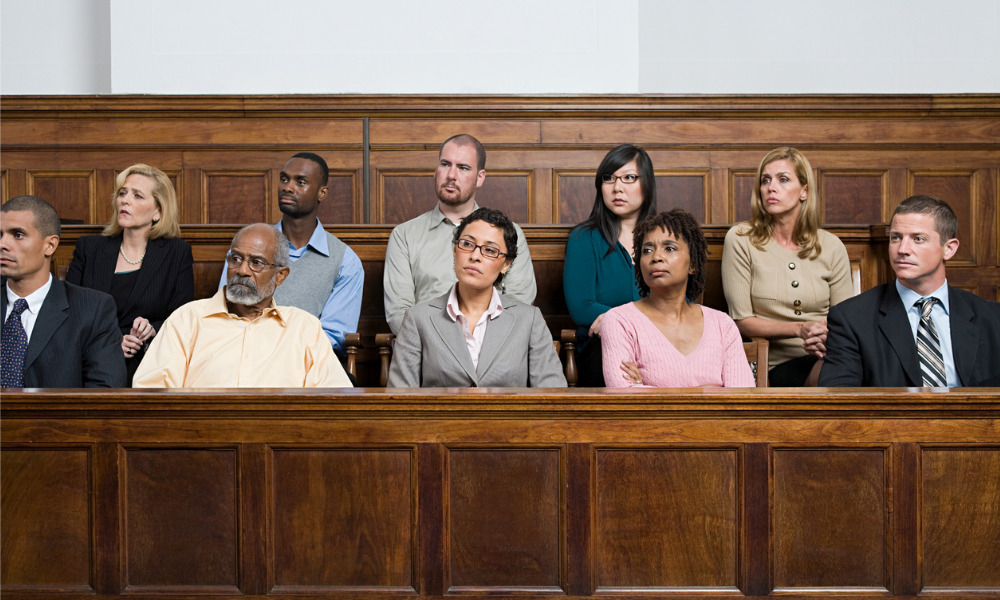
Trial judge should not pre-emptively decide substantial merits of defence in air of reality test

The Alberta Court of Appeal has ruled that in considering the air of reality test, the merits of the defence of artistic legitimate purpose in a child pornography case must be left to the jury, not the trial judge.
In R v. LaFrance, 2022 ABCA 182, Christopher LaFrance, a professional photographer, conducted three photoshoots of two 15-year-old aspiring child models. He allegedly asked took lewd photos of them and made several sexual advances. He was later convicted of making and possessing child pornography, among other crimes.
On appeal, he alleged, among others, that the judge failed to put to the jury the defence of artistic legitimate purpose.
The appellate court agreed.
Section 163.1(6) of the Criminal Code, RSC 1985, c C-46 provides that “no person shall be convicted of the offence of child pornography if the act said to constitute the offence ‘has a legitimate purpose related to . . . art’ and ‘does not pose an undue risk of harm to persons under the age of 18 years,’” said the court.
LaFrance argued that his intention was to create a “beautiful image” of the complainants, not to create child pornography. He also said that his purpose in preserving the photos was to evidence of a timeline should the complainants fabricate anything. This intention was not necessarily inconsistent with LaFrance accidentally taking photos that could be considered inappropriate, said the court.
However, the trial judge refused to leave the jury with the defence of artistic legitimate purpose, stating that it had no air of reality.
The appellate court ruled that the air of reality test merely requires the consideration of the totality of evidence and assumes that the defence evidence is true. Questions on the substantive merits of the defence, such as credibility of witnesses, weight of evidence, and drawing of factual inferences are left with the jury, said the court.
In this case, the appellate court ruled that the trial judge had pre-emptively decided on the substantive merits of the defence. While it may very well be that the jury would not find LaFrance successful, the decision should have been left with the jury, said the court.
Thus, the appellate court remitted the counts relating to making and possession of child pornography for new trial.